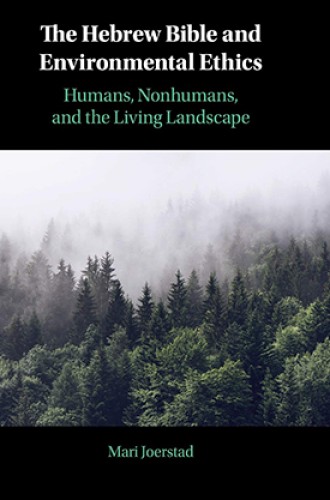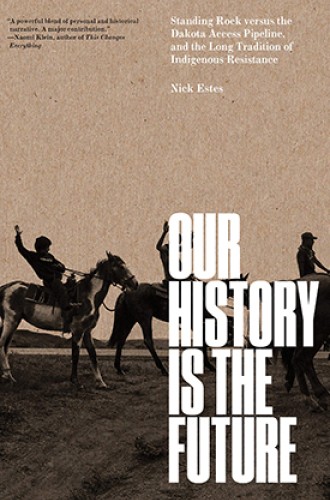What if we treated all of creation—plants and stars, soil and rivers—as our kin?
Biblical scholar Mari Joerstad and indigenous activist Nick Estes challenge our human-centered worldview.
Plants were invited to worship as the guests of honor at Union Theological Seminary in New York City this past September. During their chapel service, students confessed their sins against nature to the flora which occupied the center of the space—peace lilies and pothos vines, ornamental millet and a rattlesnake plant, basil and a palm tree, an assortment of common houseplants and landscaping plants, all of them resting in pots on a patch of soil. People were invited to offer words of repentance to the plants. “I confess that so many trees held me in their branches as I grew,” one student professed during the service, “but I have not held you in return.” Throughout the service, people referred to the plants as subjects worthy of address, with the personal intimacy of “you.”
Social media was immediately in a stir with what has become known as #plantgate. When Albert Mohler, president of the Southern Baptist Theological Seminary in Louisville, Kentucky, heard about the event, he responded with indignation. “A stalk of wheat is not a being, nor is a rhododendron, nor is an oak tree, nor even an acorn, nor is an entire forest,” Mohler vented on his podcast. “Plants are not beings, but what you see here is the confusion that happens when the biblical worldview is abandoned.”
For someone who says he takes the Bible seriously, Mohler’s commentary on the worship service displays a profound ignorance of biblical worldviews about nature. He would benefit from Mari Joerstad’s new book, which is a revised version of her dissertation, written at Duke University under the guidance of Ellen Davis.






